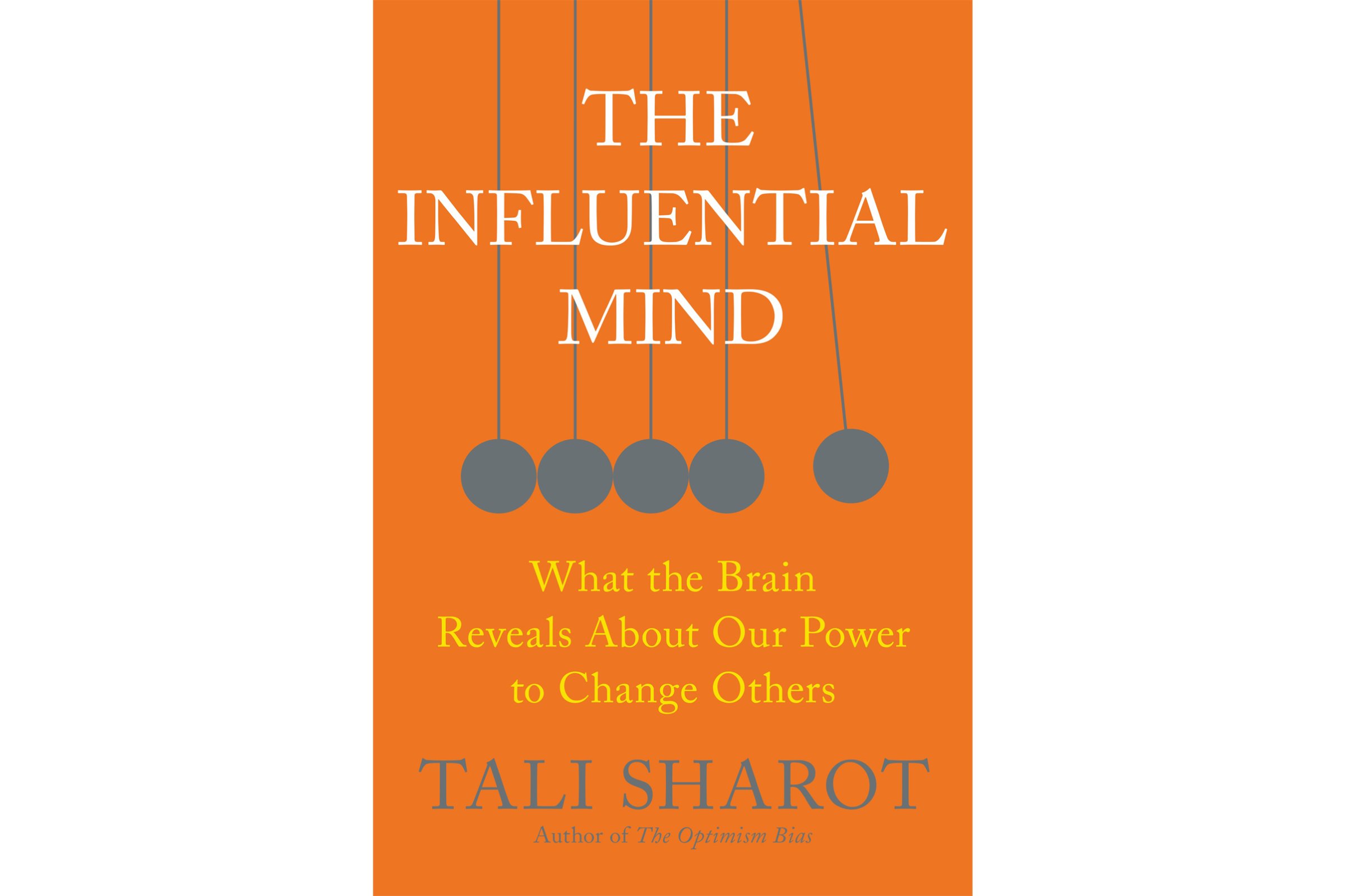
In the age of big data, it’s easy to assume that cold, hard facts can drive change. Not so fast, argues cognitive scientist Tali Sharot, whose new book, The Influential Mind, explores how emotion tends to overpower reason when it comes to human decision-making.
Consider a study that found that people were more likely to donate to a medical fundraiser when it had a photo of a young woman smiling in the sunlight, rather than a picture of a person suffering in a hospital bed. Although the sick-looking patient may need more help, it’s hard for people to imagine that patient having a happy ending; the smiling picture evoked hope, which is a greater motivator.
“If we want to affect the behaviors and beliefs of the person in front of us,” Sharot concludes, “we need to … go along with how their brain works.”
More Must-Reads from TIME
- Donald Trump Is TIME's 2024 Person of the Year
- Why We Chose Trump as Person of the Year
- Is Intermittent Fasting Good or Bad for You?
- The 100 Must-Read Books of 2024
- The 20 Best Christmas TV Episodes
- Column: If Optimism Feels Ridiculous Now, Try Hope
- The Future of Climate Action Is Trade Policy
- Merle Bombardieri Is Helping People Make the Baby Decision
Contact us at letters@time.com